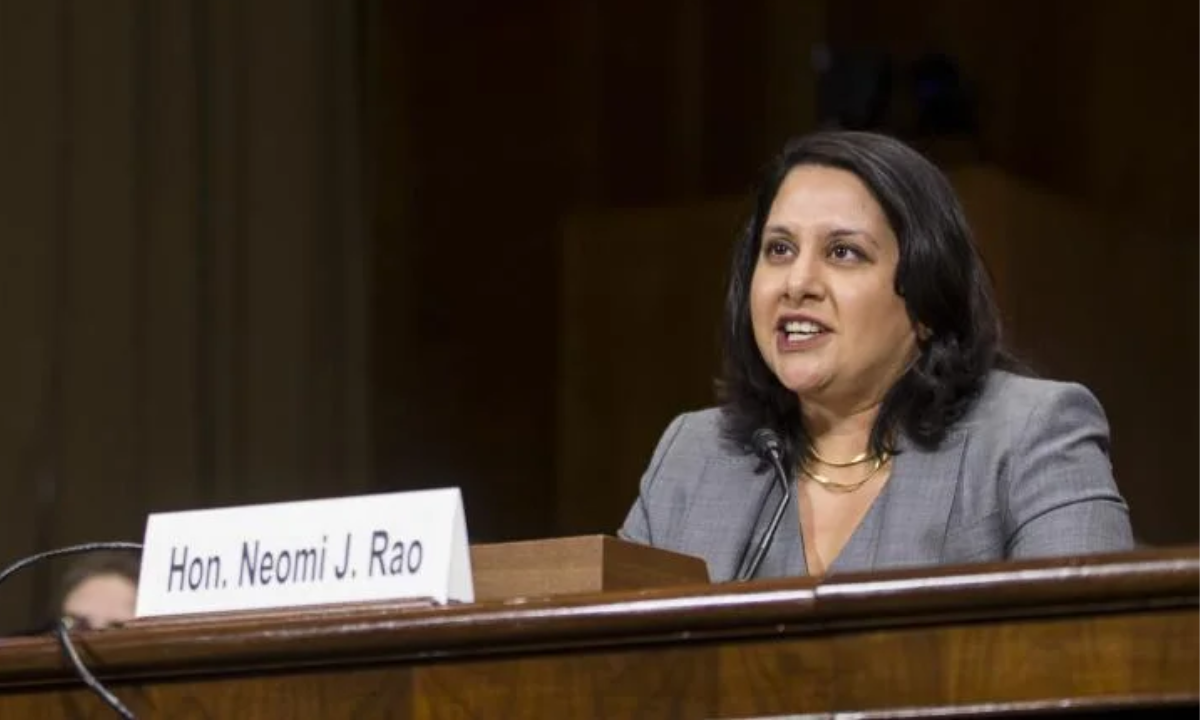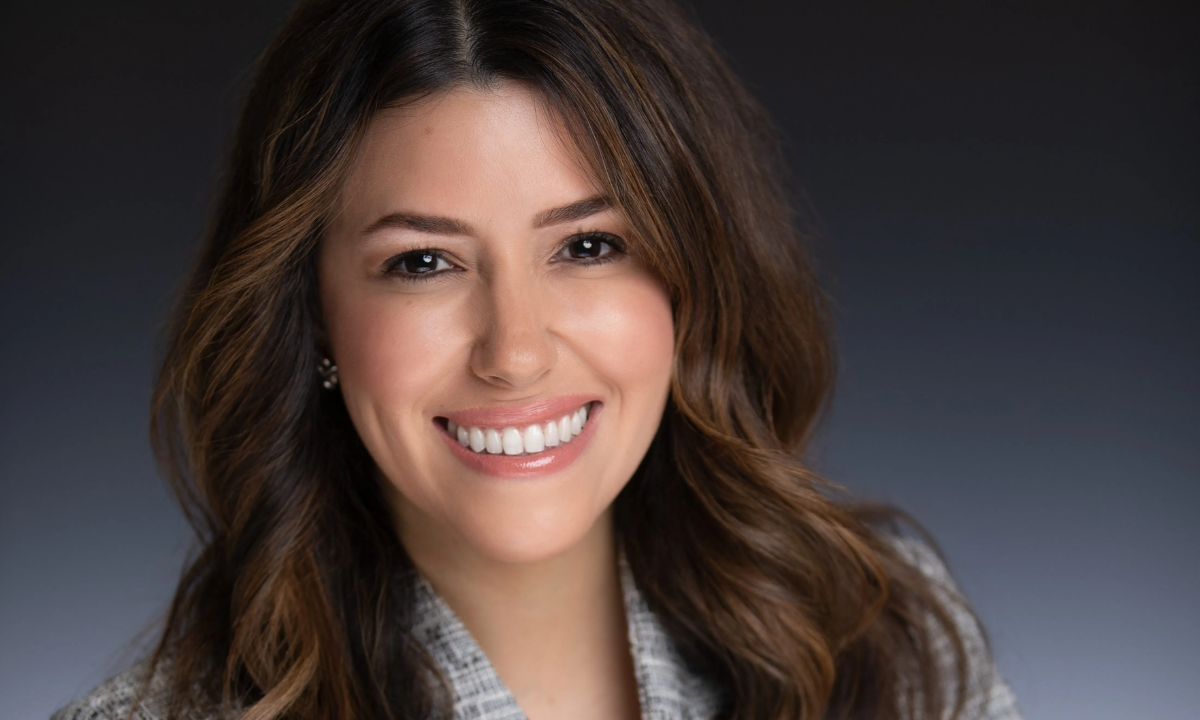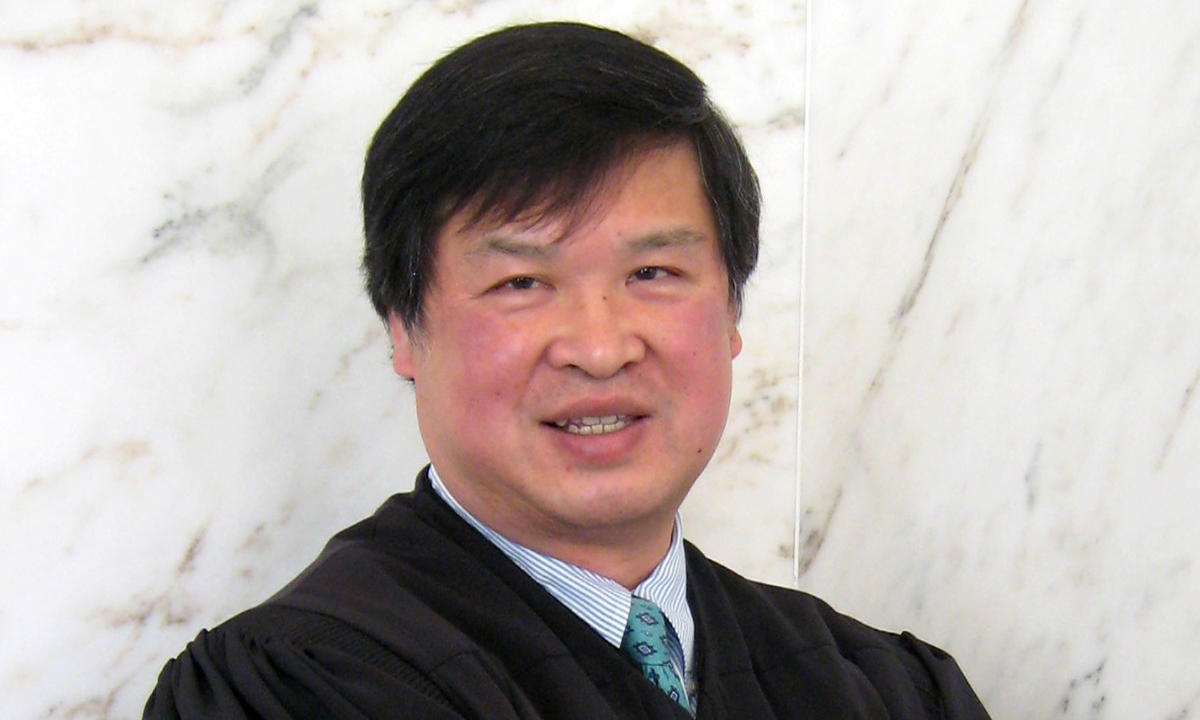Neuroscientist BJ Casey delivered Vanderbilt Law School’s Weaver Distinguished Lecture on March 26. Casey’s talk, “Law and Neuroscience: Unraveling Adolescent Behavior,” explored the dynamic nature of adolescent brain development and its implications for justice reform. As a leading figure in neuroscience, her groundbreaking research has garnered widespread attention, shaping conversations on youth sentencing.
Brain Development and Sentencing Young Offenders
Casey began her lecture with a look at the relationship between brain development and the criminal sentencing of juvenile delinquents. Focusing on the cognitive abilities of adolescents, Casey detailed the complexities of determining when young individuals exhibit decision-making capacities akin to adults. Establishing clear-cut age demarcations in cognitive maturity is challenging. Youth self-control and decision-making often align with adult standards, but they also diverge, emphasizing the ongoing debate surrounding the age at which the brain attains full maturity in terms of self-control capacity—a topic of concern for judges and policymakers alike.
Casey highlighted a prevalent misconception that young adults are less developed than older ones. This assumption can “end up taking away [young offenders’] rights, suggesting they can’t make their own decisions,” she said. Casey advocated for a justice system that acknowledges the dynamic nature of youth and adapts interventions accordingly.
Rethinking Sentencing Policies: Toward Rehabilitation
In challenging the prevailing assumption of full cognitive maturity at 18 years of age, Casey presents a case against the use of mandatory life without parole sentences for juvenile offenders. She contends that such measures not only fail to deter violent crime but also hinder opportunities for rehabilitation and redemption. “Adolescents are capable of change,” Casey asserted, highlighting the potential for positive transformation when individuals are provided with rehabilitative resources and support systems.
Proposed Reforms
Drawing on her research, BJ Casey proposed reforms that prioritize rehabilitation and reintegration for youthful offenders. She highlighted innovative programs, such as mentorship initiatives designed to prepare 18 to 25-year-olds for successful reentry into society. She advocates for legal efforts to extend the prohibition of mandatory life without parole sentences to individuals under the age of 21.
In an era marked by evolving scientific understanding and shifting societal values, Casey stressed the need for a justice system that reflects the complexities of human development and embraces the potential for positive change, even among those who have committed serious offenses. The topic is controversial, as many have brought up how some crimes are simply “unforgivable,” but Casey looks for a more positive approach. She stressed that the evolving landscape of brain science and behavioral understanding has already profoundly influenced legal practices concerning young offenders. Its potential to shape future approaches within the justice system is also significant.
The Weaver Distinguished Lecture is sponsored by the Weaver Family Program in Law, Brain Sciences, and Behavior at Vanderbilt Law School, which is directed by Owen Jones, who holds the Glenn M. Weaver, M.D., and Mary Ellen Weaver Chair in Law, Brain and Behavior. The Weaver Program was established in 2023 with a $3.85 million endowment from the Glenn M. Weaver Foundation in honor of Dr. Weaver, a pioneer in the field of forensic psychiatry, his wife Mary Ellen Weaver, and the Weaver family.


